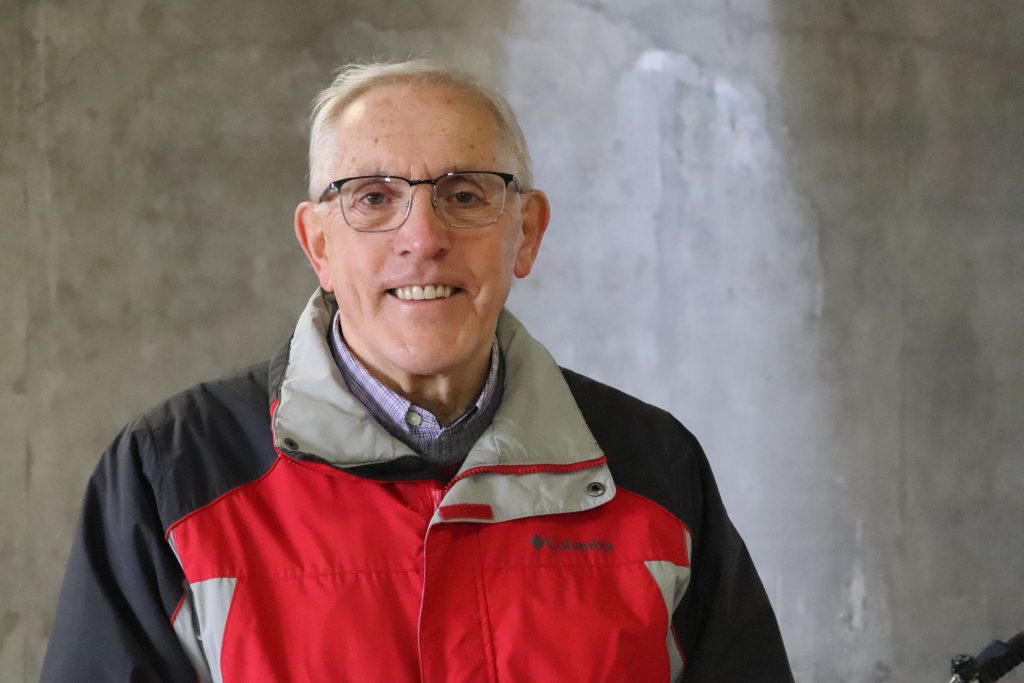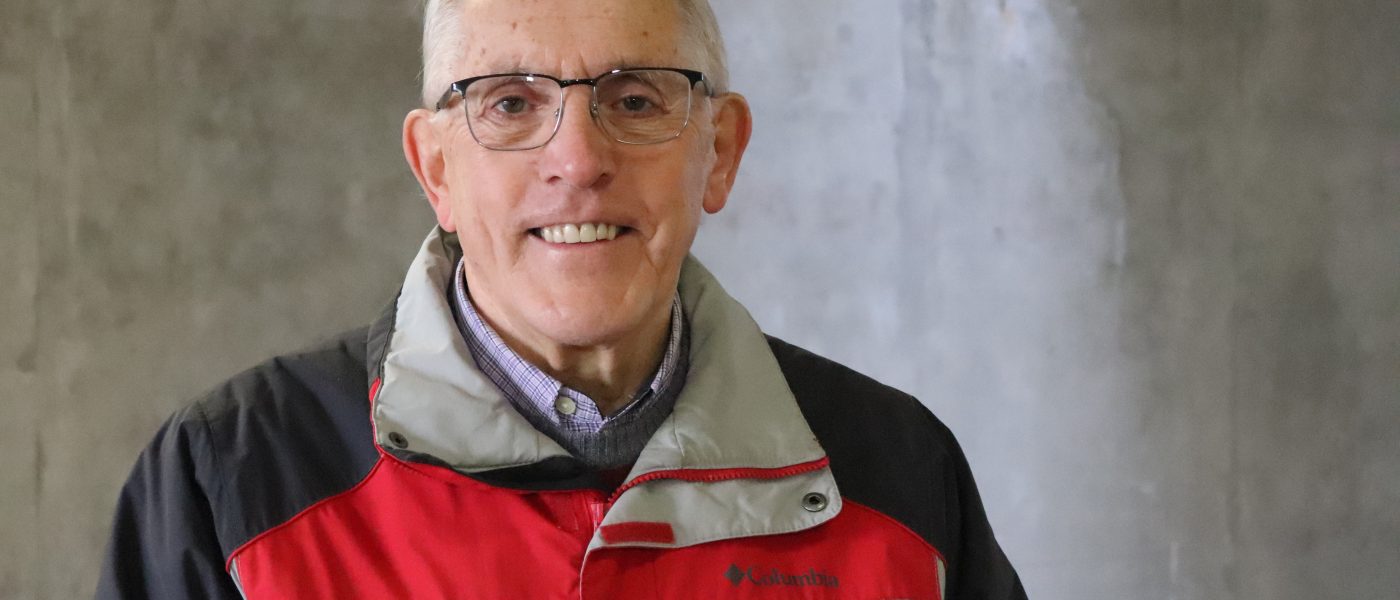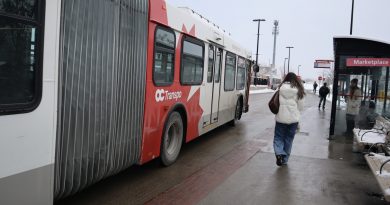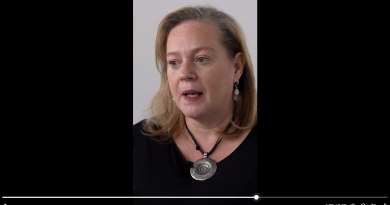Barrhaven’s Bob Chiarelli Says He’s Running For Mayor
By Charlie Senack, Barrhaven Independent
Barrhaven resident Bob Chiarelli, who is known for his various political roles, has announced he will take another run for the Mayor’s seat.
Chiarelli, who will be 81 next year, was a member of provincial parliament for the riding of Ottawa-West Nepean from September 1987 until July 1997. He then served as Chair of the Regional Municipality of Ottawa Carleton, before becoming Mayor of Ottawa for two terms. in 2010, the active three-time grandfather made a return to his former Queens Park role, where he served as a member of provincial parliament until being defeated in June 2018. During that time Chiarelli also served in a number of Ministry positions.
Campaign Promises
The former Mayor was at the city’s helm when Ottawa and Nepean amalgamated together in 2001. Chiarelli says he’s been faced with many challenges over his political career, and almost always was able to find solutions. It’s leadership which he says Ottawa needs more now than ever.
“I think people will agree that the current council was problematic in a number of ways,” Chiarelli told the Barrhaven Independent “I am a fasilitator, and I’m fair minded. It is pretty obvious, unfortunately so, that under the current administration, council has become more divided and toxic than ever, with urban councillors being shut out of chair positions, being kept out of the loop, and sometimes being embarrassed in public.”
During the most recent term of council, some councillors in the downtown core were left disappointed after not receiving prominent positions on city committees. Most recently, Kitchissippi ward councillor Jeff Leiper lost a vote to become the next chair of planning, after Barrhaven councillor Jan Harder stepped down from the role. Stitsville councillor Glen Gower and Rideau-Goulborn councillor Scott Moffatt now co-chair the prominent position.

Commute Times
“I believe the perspective of a lot of people — if not most people — is that almost everything (in this city) has been moving in the wrong direction,” said Chiarelli. “There is escalating debt that has doubled under the current management, the city is on the hook for $360 million for the sink hole and the resulting LRT delay costs, which they have little chance of recovering in court. What if they lose or only win half the case? That is a lot of money on the table that is not budgeted at the present time.”
Chiarelli, who already has a campaign team in place, noted how long the commute time is by car from Barrhaven to downtown Ottawa, a drive which before would only take 15-20 minutes; Now it could take anywhere from 45 minutes to an hour depending on traffic.
“When you think of Barrhaven, think of the congestion. It is unacceptable,” the Barrhaven resident said. “Look at Strandherd, Greenbank, Prince of Wales. People talk about this a lot and how long it takes to go from A to B. They talk about the LRT that is not there, and it should have been by now, or at least under construction.”
LRT To Barrhaven
When Chiarelli was Mayor, the O-Train was launched, now more commonly known as the Trillium line, which opened to the public in October 2001. The plan was always to have two lines: one going North-South, and another going East-West.
In July 2006, council voted 14 to 7, to award the north–south expansion to the Siemens/PCL/Dufferin design team. The proposed extension which never came into fruition, would have replaced the Trillium Line with an electric LRT system running on double track. From there the line would expand east from its current northern terminus to run through LeBreton Flats and downtown Ottawa as far as the University of Ottawa. It would also run south-west from its Greenboro terminus to Riverside South, which at the time wasn’t widely built. Construction of the extension was scheduled to begin in the autumn of 2006, and would have been completed by the fall of 2009.
Of course that never happened. In 2006 when the next municipal election rolled around, Chiarelli was up against Alex Munter who is now the President and CEO at CHEO, and Larry O’Brien, a businessman.
Chiarelli spent a good chunk of the election campaigning for the light-rail expansion which would have brought trains from Barrhaven to the core of Ottawa, a plan his opponents said lacked sufficient consultation or communication with the public.
Chiarelli lost that election coming in third place with a little over 15 per cent of the vote, and Larry O’Brien moved into the position with 47 per cent of the vote.
O’Brien and the new term of council quickly squashed the suburban LRT idea, and lawsuits from Siemens, the company awarded as the design team, soon followed.
Chiarelli is still disappointed by how it all played out.
“One of the biggest failures of this council of 10 plus years is no LRT to Kanata, and no LRT to Barrhaven,” said Chiarelli. “Those were a part of our plan and four or five months ago the city manager said once and for all that the city does not have money to bring LRT to Barrhaven or Kanata. That is a huge disappointment, and I think it’s a huge failure of this council over the years. It is planned for 2031, but it will go well beyond 2031… you are looking at 8-10 years before the whistle blows on the train for the first time. That is a huge challenge.”
After years of debate and various ideas, Ottawa finally had an LRT line built, going from Tunney’s Pasture Station to Blair Road in the east. The problem-plagued Confederation line opened in September 2019.
Ottawa is now building Phase 2 which will extend the Confederation line east out to Moodie Drive and Baseline station, and west out to Trim Road in Orleans. The original Trillium line would then be expanded from South Keys out to the airport in one direction, and Limebank Road in the other.

Phase 3, which has not yet been funded, would then bring the trains from Algonquin College to the heart of Barrhaven, but that plan is still a decade away, and Chiarelli feels it will never come into fruition.
It’s just a few of the many concerns Chiarelli has.
“The city has been extremely slow at adopting climate change action, there has been lots of talk and little action,” he said. “There is the Lansdowne Park debacle which is costing the city millions of dollars, and is becoming non-productive in terms of services to the city, and the types of services that might be expected from that large and expensive of a facility.”
A Changing Political Landscape
Chiarelli is putting his name on the ballot after long-time Mayor Jim Watson announced he would not seek re-election. The shock decision then led to multiple individuals putting their name forward for the top city job. Besides Chiarelli, councillors Diane Deans and Catherine McKenney say their names will also be on the ballot.
The last municipal election in 2018 saw 12 people run for Mayor of Ottawa, but only two received more than two per cent of the vote. Former city councillor Clive Doucet came in second place with a little over 22 per cent, a total of 59,156 votes. Watson won that election with over 188,000 votes, or 71 per cent.
Chiarelli says Ottawa needs someone who will bring leadership to the table, and offer a new and innovative voice for all.
“Priority number one is to ensure that from day one we have a council that is respectful of each other, and are part of the action at city hall,” he said. “When I was regional chair and when I was mayor, I had an open door policy. (Councilors) would know where my office is, and they could walk up to my office any time of day to speak about any issue. If I was tied up in a board meeting or out of the office, my staff was instructed to have a meeting for that person scheduled by the end of day or the next morning.”






